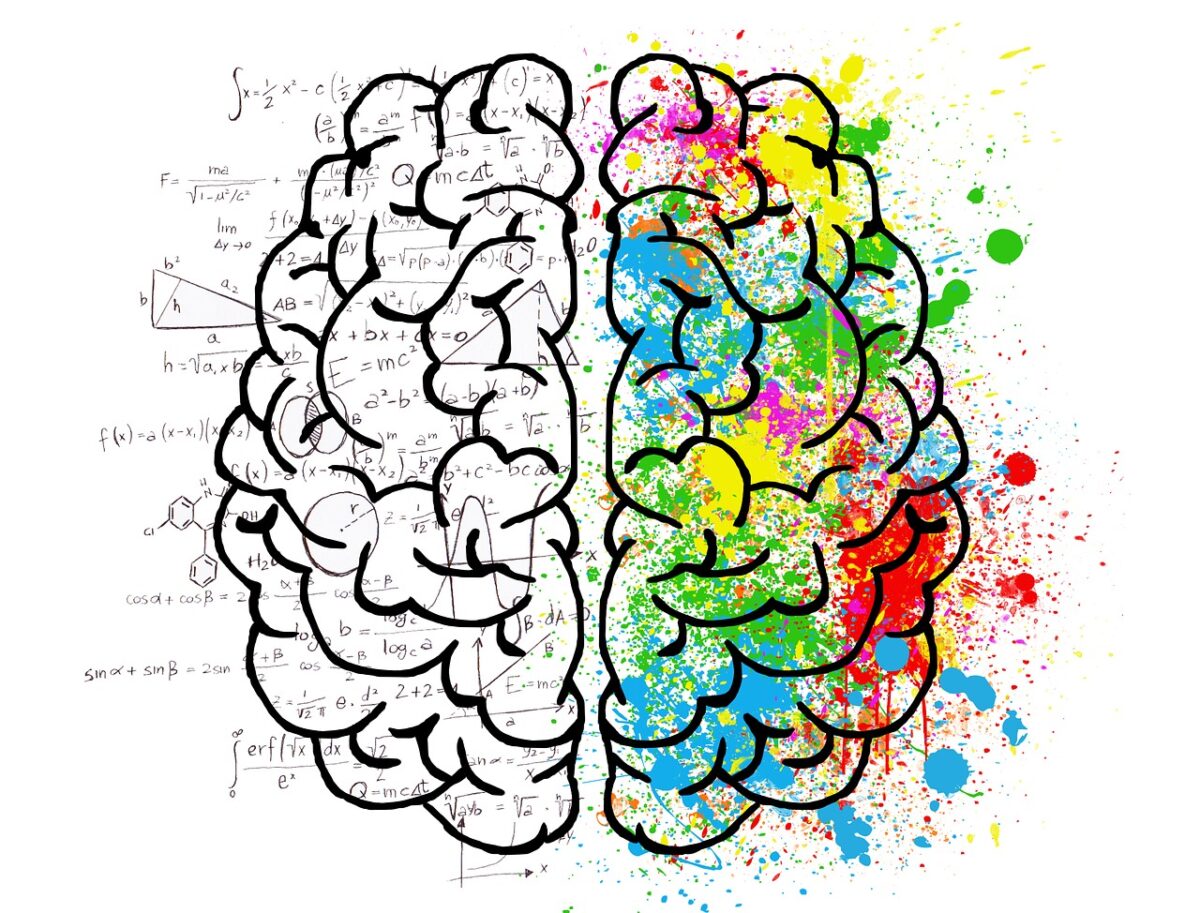One of the most popular arguments on the internet begins with “But how could you NOT like this movie/book/music track?” And then the person goes on listing the qualities of her favorite work of art. But no matter how hard she tries, she is seldom able to convince the other person. Perhaps this is why Douglas Adams created the Point of View gun in the movie The Hitchhiker’s Guide to the Galaxy. (It does not appear in any of the books). The beauty of this gun is when you point it at someone and fire, that person immediately begins to see the world from your perspective. Unfortunately, we do not have such a gun in real world and hence are left with our own perspectives.
Bryan Cranston once said in an interview, (and I am paraphrasing), “The audience is never wrong because that’s what they really felt after watching the movie.” This makes sense because whatever the audience felt after watching the movie or reading the book is their authentic reaction to it. You may not agree with it but you cannot dismiss it. And in the end, it is this reaction that drives the market in making the movie or the book a big success.
On the other side of the spectrum are the critics. They are supposed to be the experts in deciding the quality of the art, though more often than not, the criticism reflects the prejudices of the reviewer rather than a fair criticism of the movie. I often wonder : if a reviewer genuinely dislikes a certain type of movie, say costume drama, would she be completely impartial in writing a review of Cleopatra or Troy? This remark has autobiographical reference. I hate costume dramas, I never watch them and I would rather watch my nails grow than to write about them.
Nevertheless, some reviewers have taken criticism to such a level that the reviews are masterpieces. Examples are Roger Ebert and Pauline Kael in case of movie reviews and James Wood and Michiko Kakutani in case of literature reviews. In fact, it may not be advisable to read these reviewers BEFORE you watch the movie or read the book because sometimes they can be so influential that you cannot but help form a strong opinion about the movie without even watching it.
And even with such expert reviewers, there remains the problem of communication. This is better illustrated with an example.
Here is an excerpt from the review of The Godfather Part II by Pauline Kael
And sometimes directors can achieve a sensual affect that simply can’t be explained. In Coppola’s ‘The Godfather, Part II,’ for example, after the scene where Robert De Niro, as the young Don Vito, kills the landlord, the extortionist, he walks down the street in such a way that the scene becomes incredibly moving and powerful — everyone I’ve talked to who has seen the movie was affected by that scene, and yet there’s no way to explain why. I think Coppola got the power for that scene out of his own unconscious. I don’t know if he could explain it, either.
Here’s the thing. I have watched this scene many times and I did not feel anything. It is a very well shot scene but I never felt the ethereal experience that Kael talks about and that is shared by many other people. I do know the experience she is talking about because I have felt it for different movies or books. (While watching La Grande Bellezza or reading V S Naipaul’s The Enigma of Arrival).
So what’s happening here? A routine response to this would be to suggest that I should study films in more detail, maybe take courses. Kael has seen and studied many more movies, read a whole lot more and as a result has a very fine sensibility. But I doubt if I would feel what Kael felt even if I spend a decade attending film appreciation courses.
In the reason for my inability to feel what Kael felt lies one of the greatest mysteries of neuroscience – the qualia. Simply put, qualia is the sensation that we feel when we experience something. We use words to communicate this experience to each other but there is no way to know if the words we use indicate exactly the same thing. So when we see a colour we both say red, but is my red the same as yours? We cannot know. Hence the never ending debates on the internet if the dress is white and golden or dark and blue. (It is GOLDEN for god’s sake! How can you not see that??)
What Keal is trying to describe cannot be communicated. She is using words to communicate her experience but it also depends on what those words mean to everyone else. And this in turn depends on our life experiences. So an apple may have religious connotations for most Christians while it meant gravity for Newton. For most westerners, rain is synonymous with gloom. Hence the dark skies and showers in movies when the situation is sad. And the sun shining through is a new beginning. For Indians, it’s the exact opposite. We have too much sun all the time so we don’t really care for it. Rains aka the monsoons denote the beginning of crop season and end of a scorching summer. From ancient literature to modern Indian movies, the black clouds are a cause to celebrate, not mourn. This indicates that our individual qualia is very much dependent on our life experiences.
It is interesting to see how expert musicians try to capture the feeling a piece of music invokes in them. John Coltrane is one of the greatest Jazz musician ever. One of his most revered works is the album called A Love Supreme. Here’s how other musicians describe this album.
Jimmy Heath, a saxophonist who played with Coltrane.”That’s the one that toches me, that melody.. it takes me to heaven where I want to be when I leave here. That’s it, isn’t it?”
And rock star Carlos Santana says, “It was like a vortex.. of a whole new experience, you know. Different than Jimmy Hendrix, different than Otis Redding, different than B B King or Tito Puente or Olatunji. It was a vortex of.. possibilities”.
What these stalwarts are doing is trying to describe their individual qualia when listening to Coltrone. And neuroscience tells us that this cannot be done.
Yet.
Perhaps the futuristic film critic will just upload her qualia of the movie. You could then experience it in first-hand in VR. What Kael felt after watching the scene from Godfather Part II is actually a culmination of millions of experiences that she had throughout her life. I am not be privy to all those experiences, but I may momentarily experience their culmination. Will that affect my own qualia? I think so. And that may open a whole new Pandora’s box.
For the moment, though, we are safe behind the firewalls of our respective qualia.



